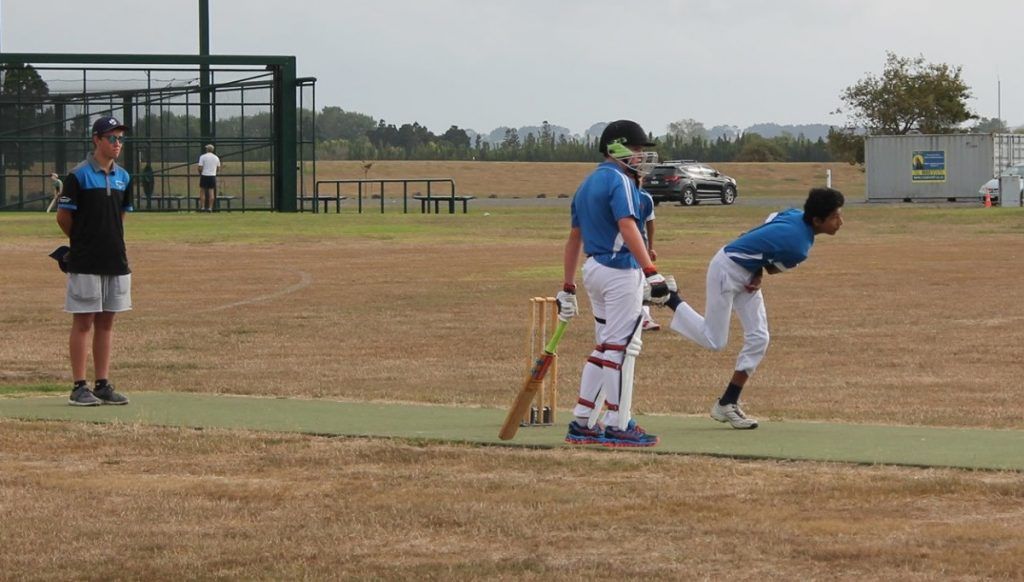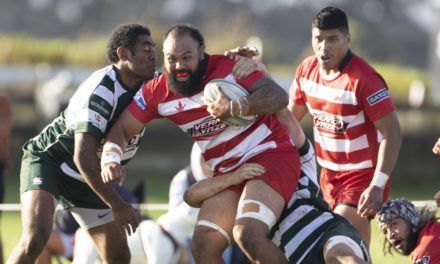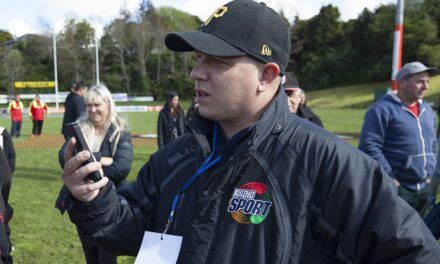
By Dale Budge
Sledging and outright abuse is getting out of control in club cricket – here in Counties Manukau and elsewhere around the globe.
High profile cases captured on stump microphones at international level are paving the way for dumbed down versions in local cricket – often with comments crossing the line from competitive banter to out and out abuse or racial slurs.
The sport needs to crack down on it – particularly at a local level – and the leaders of our game and our clubs need to take control.
I’ve been playing senior cricket in the region for 25 years and have noticed significant change over that time.
I’ve always enjoyed the competition between batsman and the bowling side and had no issue with words being said both ways to try and get under the skin of the opposition to put them off their game and earn a competitive advantage. But the more intelligent the comments, the more respect I found there to be and more success those words had.
But when talk becomes abuse, that is a different story. I’ve never really seen much point in telling someone they aren’t very good, as is so often the case these days. Does it really work?
I can’t say hearing someone tell me I was a bad player ever really got under my skin or was likely to put me off my game. In fact, often I found it motivation to make sure I didn’t give that player my wicket.
Sledging should be targeted more at the way people play the game, focusing on scenarios and decisions players make within games – the battle within the battle if you will.
Subtle mentions of field placings, the likelihood of a player taking on a fielder, the manner in which he or she plays a certain shot etc were far more likely to achieve an outcome than abusing someone in my opinion.
Subtle sledging might make an opponent second guess themselves. Abuse invokes a completely different response – and that has never been what cricket is about.
It is the base line of what is acceptable that has changed over the years – abuse is so common place now that unless it has a racial aspect to it no-one bats an eyelid.
Add to this behaviour reaction to player umpiring and you have a cocktail ready to explode.
For as long as there has been self-umpiring in cricket there has been ill-feeling, accusations of cheating and emotionally charged arguments.
The bottom line is dismissals are subjective.
What has definitely crept into the game since I started playing is the inappropriate response to having a decision go against you. It is not OK to stare down an umpire if you disagree with them. It is not OK to argue with that umpire and show dissent.
With self-umpiring we have all been guilty of that from time to time but we need to be better than that.
You need to accept the good with bad and you need to accept the bad as quickly as you accept the good. In the most recent match I played I saw teammates given out when I didn’t think they were out but I also saw them survive appeals that I’m adamant were out. We all talked about the poor decisions that saw them dismissed but casually forget about the ones that allowed them to continue batting, when they probably shouldn’t.
The leaders of our clubs need to change the culture and take dissent out of the game. Make it become part of the fine session culture if you have to but we need to demand more of each other.
Here in Counties Manukau we have seen a massive change in terms of who is playing senior cricket and the game needs to adapt accordingly. There has been huge growth in the number of players now competing from the Indian sub-continent community, which has seen a lack of cultural awareness become part of the sledging issue and self-umpiring as well.
Subtle sledging does not necessarily work if an opponent doesn’t fully understand the context or what is being said because it is lost in translation.
Abuse on the other hand is easier to understand and that is where we run into problems. What might be subtle or harmless in one culture is deemed threatening or intimidating in another. What is widely considered appropriate in one culture is not in another.
I’ve witnessed this countless times in recent seasons and have often found it pointless engaging in talk in certain circumstances. If comments aren’t likely to yield a desired result, why bother making them?
We all have a role to play in shaping the way the game is played and we need to alter the trends so that the game heads back in a healthier direction.
- Dale Budge played for Pukekohe High School, Pukekohe Metro, Tuakau and Glenbrook Maramarua during his playing days.











Recent Comments